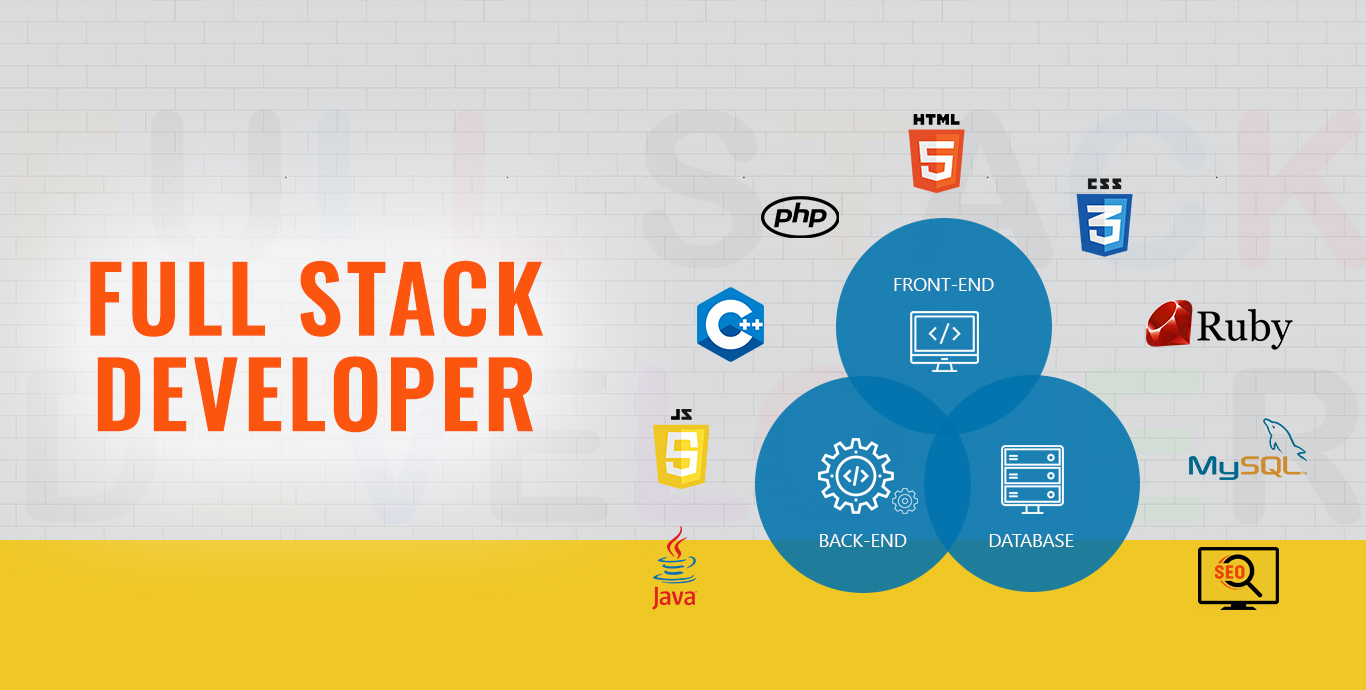Data science has emerged as one of the most exciting and sought-after careers in recent years, and it continues to gain momentum in 2023. With the explosive growth of data across various industries, data scientists play a crucial role in extracting valuable insights and driving data-informed decision-making. If you aspire to become a data scientist in 2023, this ultimate guide will provide you with a roadmap to success.
1. Understand the Role of a Data Scientist
Before diving into the technical aspects, it’s essential to have a clear understanding of what data scientists do. Data scientists use their expertise in statistics, programming, and domain knowledge to analyze and interpret complex data sets. They build models, develop algorithms, and use machine learning techniques to solve business problems and make predictions. Data scientists should possess strong analytical skills, a curious mindset, and the ability to communicate their findings effectively.
2. Develop a Strong Foundation in Mathematics and Statistics
Mathematics and statistics are the backbone of data science. A solid understanding of concepts like linear algebra, calculus, probability, and inferential statistics is crucial. Invest time in studying these subjects and their applications in data analysis and machine learning.
3. Learn Programming Languages
In 2023, Python and R continue to be the dominant programming languages in the data science field. Python is known for its simplicity, versatility, and extensive libraries like Pandas, NumPy, and Scikit-learn. R is popular for its statistical capabilities and visualization libraries. Start by learning Python and then expand your knowledge to include R if you wish to work with specialized statistical applications.
4. Master Data Manipulation and Analysis
Data manipulation and analysis are fundamental skills for any data scientist. Familiarize yourself with data cleaning, data preprocessing, and data visualization techniques. Learn how to handle different data formats and work with large datasets efficiently.
5. Gain Proficiency in Machine Learning
Machine learning is a core aspect of data science. Learn about various machine learning algorithms like regression, classification, clustering, and deep learning. Understand how to train models, tune hyperparameters, and evaluate model performance. Stay updated with the latest advancements in the field.
6. Acquire Knowledge of Big Data Technologies
In 2023, the volume of data continues to grow, leading to the prominence of big data technologies. Familiarize yourself with frameworks like Hadoop and Spark, and understand distributed computing concepts. Knowing how to process and analyze big data will be a valuable skill for data scientists.
7. Build a Data Science Portfolio
Create a portfolio of data science projects to showcase your skills and expertise. Work on real-world datasets and present your analysis, visualizations, and machine learning models. An impressive portfolio can make a significant difference when applying for data science roles.
8. Stay Curious and Keep Learning
The field of data science is ever-evolving. Stay curious and keep learning about new techniques, tools, and trends. Participate in online courses, attend workshops, join data science communities, and read research papers to stay up-to-date with the latest advancements.
9. Network and Collaborate
Networking is crucial in any field, and data science is no exception. Attend data science conferences, seminars, and meetups to connect with professionals in the industry. Collaborate on open-source projects or participate in hackathons to gain practical experience and expand your network.
10. Consider Advanced Degrees or Certifications
While a bachelor’s degree in a relevant field is a good starting point, pursuing advanced degrees like a Master’s or Ph.D. can provide deeper insights and open up more opportunities. Additionally, consider obtaining data science certifications from reputable organizations to bolster your credentials.
11. Develop Soft Skills
Data scientists need more than technical expertise. Develop strong communication skills to convey complex findings to non-technical stakeholders effectively. Improve problem-solving, critical thinking, and teamwork abilities, as these skills are invaluable in a data-driven environment.
12. Apply and Adapt
Lastly, apply for data science roles that align with your interests and skills. Be prepared for potential rejections, as landing your dream job might take time and persistence. Stay adaptable and open to learning from every experience, which will help you grow as a data scientist.
In conclusion, becoming a data scientist in 2023 requires a blend of technical skills, domain knowledge, and a passion for problem-solving. Follow this ultimate guide, stay determined, and embrace the continuous learning journey. As you build your expertise, you’ll be well on your way to making a significant impact in the world of data science.






O futebol é disparado a modalidade que mais recebe apostas esportivas online, tanto no Brasil quanto no mundo. Porém, não é a única modalidade esportiva com odds disponíveis, e os jogadores podem apostar na Bodog em mais de 30 modalidades, além de programas de TV e premiações do cinema. *Las cuotas mostradas en la web son meramente orientativas. Nuestro equipo trabaja muy duro para poder ofrecerte las cuotas más actualizadas posibles. Estas cuotas están sujetas a posibles cambios por parte de los operadores. No olvides comprobar la cuota actualizada en la casa de apuestas antes de realizar cualquier apuesta. Rubio-García, Laura. 2017. “La percepción adolescente sobre la comunicación de apuestas deportivas online en España y su regulación publicitaria desde la protección del menor”. Pp. 102–10 en I Congreso Internacional de Comunicación Social Aplicada. Nuevas aproximaciones al estudio de la publicidad engañosa., editado por Methaodos.org. Madrid
https://heylink.me/estemodelo
Depositá automáticamente a través de nuestros métodos de pago. WEBLe damos la bienvenida a la app de bet365, ¡la más avanzada en apuestas deportivas! Disponible en iPhone y en iPad. Descargue la app de apuestas hoy y descubra por qué .WEBbet365 – Apuestas deportivas 17+. Apueste en fútbol y baloncesto. Hillside (New Media) Limited. Núm. 4 en Deportes. 4,6 • 57,5 mil valoraciones. Gratis. Capturas de pantalla. . El como hacer apuestas deportivas es una de las finalidades de todos los apostadores, novatos o no. En la actualidad, los fanáticos del deporte se han atrevido a ingresar al mundo de las apuestas. Sin embargo, no todo amante del deporte posee las técnicas adecuadas para siempre ganar en apuestas deportivas en línea. Las apuestas en directo cada día son más populares en los operadores por la emoción que generan en los aficionados, así como las grandes oportunidades de victoria que brindan. En las apuestas en directo de bet365 se consiguen una amplia variedad de opciones en las principales disciplinas como fútbol, tenis, baloncesto, béisbol o incluso eSports.